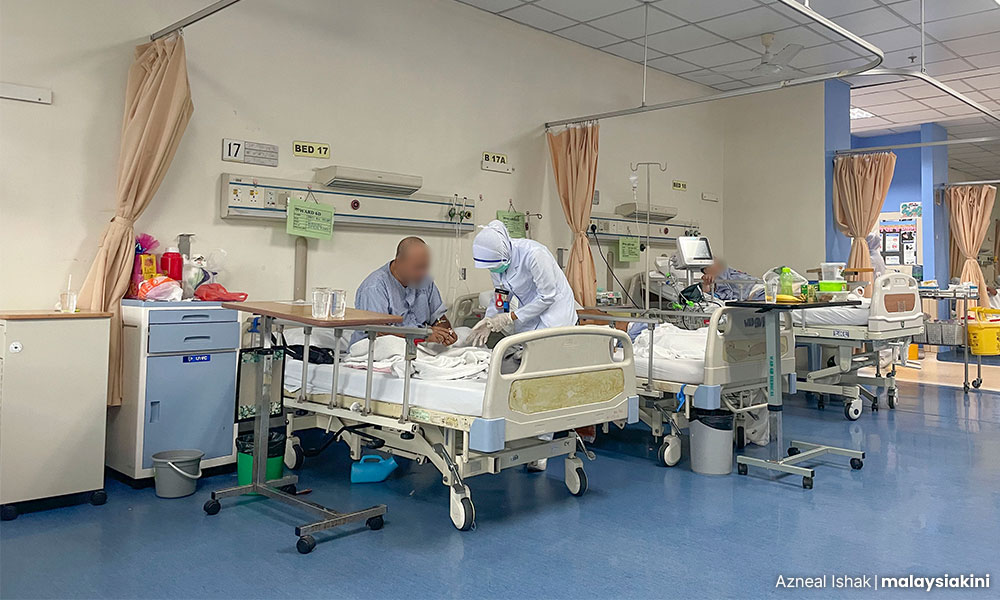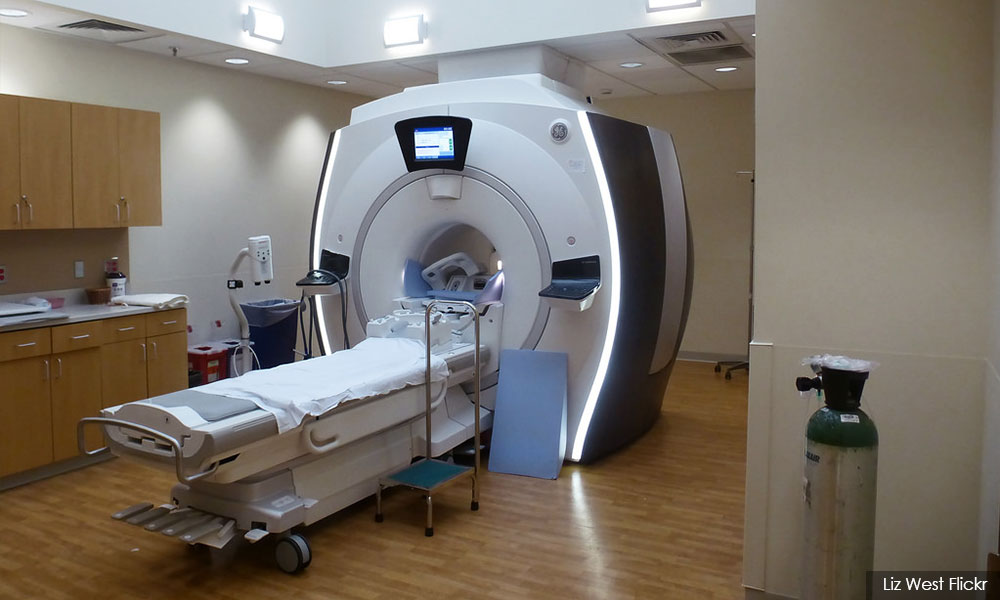Health Minister Dzulkefly Ahmad is standing by the government’s proposal to expand private wings at public hospitals as part of a hybrid model termed “Rakan KKM” (Health Ministry Friends).
This came amid criticism from netizens who were against the proposal which was meant to address the financial sustainability of public healthcare.
Some social media critics argued that this could undermine universal healthcare and imposing wealth taxes instead could generate more revenue for public healthcare.
Responding on X, Dzulkefly stressed that the plan would not affect the subsidised care in public hospitals for the public.
“RM1 or RM5 fee at point of care stays - no fee hike,” he said, referring to fees for general consultation and specialist consultation, respectively.
“However, the question of sustainability remains. Health financing is about diversifying sources (of income) and delivering better value for every RM1 spent.
“(It) requires creativity and innovation. Change is coming!” he said, noting that the prime minister will make an announcement on this soon.
Dzulkefly added that the Rakan KKM scheme is meant to make the Health Ministry “great again by leveraging investment” from the ministry’s partners.
“(In this way, the government can) protect or preserve low financial access to public healthcare,” he said.
Full-paying patients
Last week, speaking at the World Cancer Congress in Geneva, Dzulkefly said the Health Ministry is looking to establish “private wings” in public hospitals where full-paying patients will be treated in a bid to boost ministry revenue, health news website Codeblue said.

Full-paying patient services are now available at 10 public hospitals, where patients can pay to be treated by specialist doctors at first class or executive wards at rates more competitive than private hospitals.
In Selangor and surrounding areas, such services are available in Putrajaya, Ampang, Selayang, Serdang and Sungai Buloh public hospitals.
Elsewhere such private service can be found at the Pulau Pinang Hospital, Queen Elizabeth II Hospital in Kota Kinabalu, Sultanah Aminah Hospital dan Sultan Ismail Hospital in Johor Bahru and the Sarawak Heart Centre in Kuching.
Dzulkefly did not provide an estimate of how much the Rakan KKM scheme would make, but in 2018, the full-paying patient services generated RM22 million.
That same year, the Health Ministry expenditure was RM26.5 billion.
Using excess capacity to generate income
The health minister also told the Geneva conference that public hospitals have excess capacity in some areas, such as the use of MRI machines, which can be used to generate revenue through the Rakan KKM scheme.

“I particularly would want to innovate, to get to have more funding where I could generate income from my private wing in my public health facilities, where I see there are excess capacities, by way of MRI, by way of CT scans, by way of specialists who are willing to do more so that they get a bit more, and they retain in our public sector,” he said.
“Besides, I’m doing outsourcing, meaning now, I have nephrology, cardiothoracic services, cardiology, radiology, and imaging, where I get to outsource. I can’t be building more and more brick and mortar. So I get them to come and I engage the private sector, but be paid at our cost.
“Public-private partnership is so very vital for us to get to something that at the end, you get to address the B40 group in your public hospital, you get to address your M40 through our kind of private wings where it’s not as expensive as the private sector, and then the T20, you get to innovate through private health insurance.” - Mkini




No comments:
Post a Comment
Note: Only a member of this blog may post a comment.